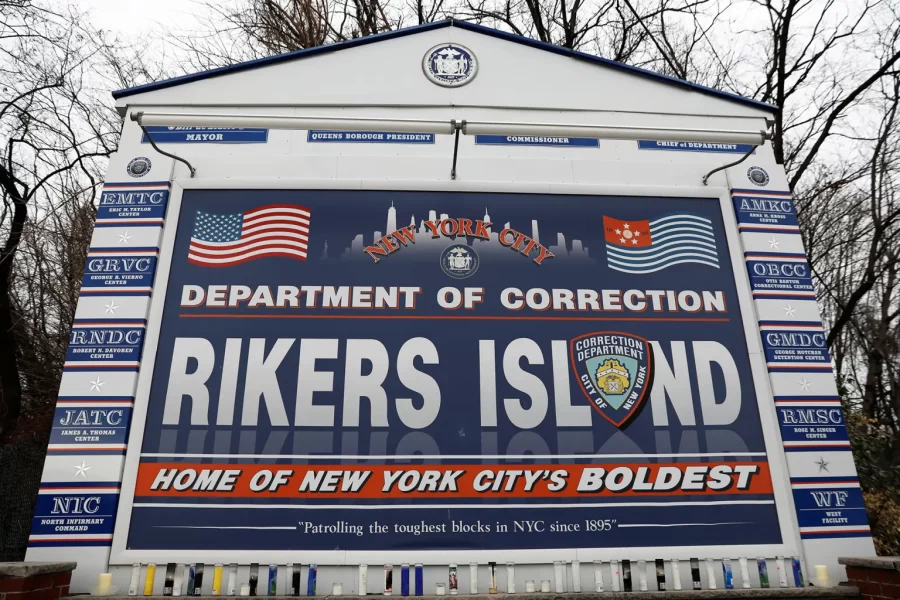Riker’s officer fired for sexual assault after 7 years
December 15, 2022
Leonard McNeill, a corrections officer at Rikers Island, was fired for sexual assault by the New York City Department of Correction after a seven-year case involving the sexual assault of a detainee in the summer of 2015. McNeill has denied these allegations and the victim is currently experiencing retaliation and harassment in her current state prison from guards familiar with this case.
She has encouraged women in prisons to speak out if they experience injustice from guards who use their social position to take advantage of them. “I would tell current and future victims, our day does come [when] we find clean people to report to in a dirty place,” she said.
The New York City Correction Department has struggled to follow the Prison Rape Elimination Act (PREA); however, 14 staff members have resigned from their positions at Rikers after facing similar charges over the past five years.
The victim was also sexually assaulted during her sanitation work by former correctional officer Jose Cosme, who is now facing a 10-year probation sentence. She also reported that McNeill was overseeing her at that time.
McNeill was paid a salary of $107,288 in 2021 and $112,280 in 2022 while his case was in progress. His job was to sit in a rubber room for eight hours away from detainees because correction officials are put back on payroll after 30 days of suspension until their case is solved.
The former Correction Department investigator Sarena Townsend has argued that only a few people use the PREA to take advantage of the law. Townsend has also found that prisoners are afraid to get assistance from PREA. She herself said, “they do not trust the system. That’s the saddest part.”
Julie Abbate of Just Detention International said, “We need to go beyond looking at whether or not they’re implementing the PREA standard and look at whether jails and prisons are implementing the standards in a way that enhances sexual safety.” PREA is an act that is supposed to bring justice to sexual assault in prison systems but has not been used enough because of the fear detainees have towards people in authority.
“We have to make sure that folks know it matters when they report sexual abuse, and that depends on the response of the facility—and that’s where the failures lie right now,” said Abbate.
Only 12 percent of the first half of 2022 cases were resolved, and one-third of open cases are, on average, more than three years old, according to departmental data.










